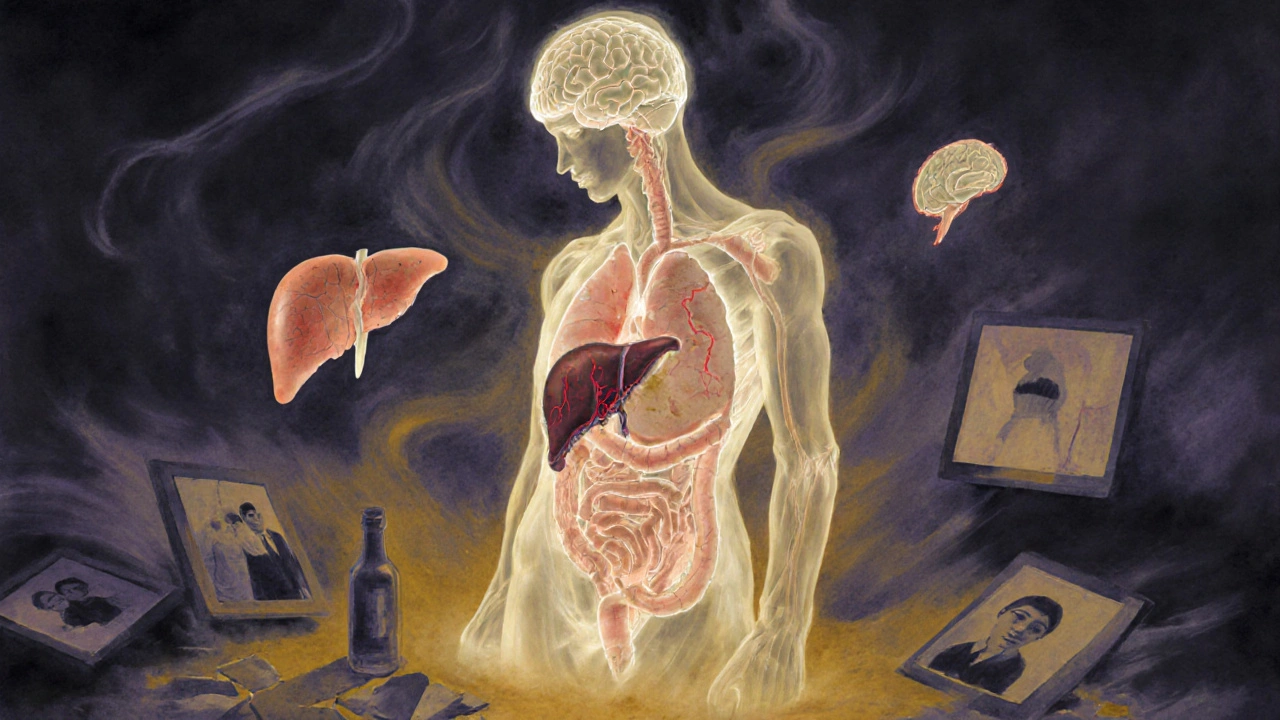AUD Treatment: What Works, What to Avoid, and Real Solutions
When someone struggles with alcohol use disorder, a chronic condition where drinking becomes hard to control despite negative consequences. Also known as AUD, it affects millions—not because of weak willpower, but because alcohol rewires the brain’s reward system. AUD treatment isn’t about willpower alone. It’s about science, support, and sustainable change. Many people think quitting cold turkey is the only way, but that’s not true. Medications like naltrexone, a drug that blocks the pleasurable effects of alcohol and acamprosate, a medication that helps stabilize brain chemistry after stopping drinking have been proven to reduce cravings and lower relapse rates. These aren’t magic pills, but they’re tools that work when paired with real-life strategies.
What’s often missing in AUD treatment is the human side. People don’t just need pills—they need structure, connection, and purpose. That’s why volunteering, as shown in studies on recovery, can be as powerful as medication. It rebuilds identity and gives daily meaning. Similarly, managing side effects from other drugs matters. For example, if you’re on antidepressants like SSRIs, you might be dealing with sexual dysfunction or mood swings that make recovery harder. Switching meds or adjusting doses can help, as discussed in guides on SSRI side effects. And if you’re older, your body processes alcohol and meds differently. Standard doses can become dangerous—something seniors and caregivers need to know, especially when combining alcohol with other prescriptions. Even supplements can interfere. St. John’s wort, for instance, can clash with medications used in AUD treatment, creating unpredictable risks. You can’t treat AUD in a vacuum.
There’s no single path to recovery, but there are proven steps. Medication-assisted treatment works. Behavioral therapy works. Support groups work. But they only work if you’re not trying to do it alone. The posts here cover the full picture: from how drugs like naltrexone affect the brain, to how joint pain from diabetes meds can distract from recovery, to how to safely buy generic versions of essential drugs without falling for scams. You’ll find real advice on what to ask your doctor, what to avoid, and how to spot when something’s not right. This isn’t theory. It’s what people actually use to get and stay sober. What you’ll find below isn’t just information—it’s a roadmap.

